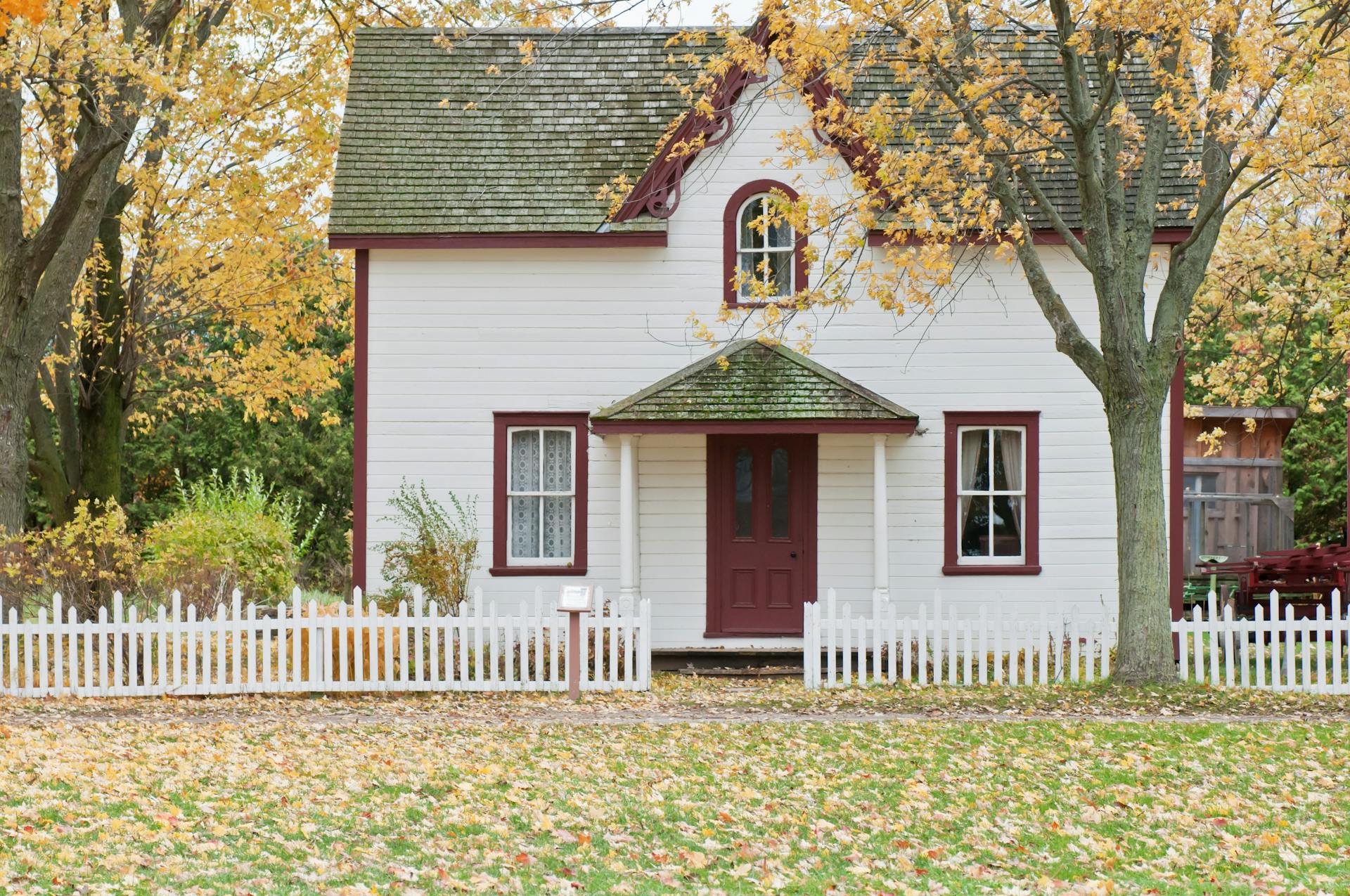

Question: What is the Best Age to Buy a House?
Answer: There isn’t a specific best age to buy a house as it depends on individual circumstances and financial readiness. However, many people aim to buy their first home in their late 20s to early 30s when they have stable income, savings, and are ready to settle down.
What is the Best Age to Buy a House? Prime Time for Homeownership
The dream of homeownership is a powerful motivator, but the question of "when" can be daunting. Societal expectations and personal circumstances often leave people wondering if there’s a perfect age to buy a house. The truth is there’s no one-size-fits-all answer. This article explores various factors to consider when determining the ideal time for you to enter the housing market, empowering you to make an informed decision that aligns with your financial goals and life stage.
Financial Preparedness: Building a Solid Foundation
-
Financial Stability:
Homeownership is a significant financial commitment. Before starting your house hunt, assess your current financial health. This involves scrutinizing your income, expenses, and existing debts. A stable income and manageable debt levels are crucial for affording mortgage payments, property taxes, and ongoing maintenance costs. -
Savings Discipline:
Saving for a down payment is an essential step towards homeownership. A larger down payment reduces your borrowing amount and translates to lower mortgage payments over the long term. Develop a savings plan that aligns with your financial situation and desired timeline for buying a house. -
Emergency Fund:
Unexpected expenses are a reality of homeownership. Having a healthy emergency fund provides a safety net for situations like repairs or job loss. Aim to save enough to cover several months’ worth of essential expenses.
Financial preparedness is the cornerstone of a successful home buying experience.
Click here for more information on Orangeville agents
Related Article: Can We Buy a House Without a Down Payment?
Related Article: What is the Best Strategy to Buy a House?
Life Stage Considerations: Aligning Your Goals with Your Circumstances
-
Career Trajectory:
Consider your current career stage. Are you in a stable job with growth potential? If you anticipate frequent job changes or relocations in the near future, homeownership may not be the most suitable option at this point in your life. -
Relationship Status:
Are you married, single, or planning to start a family? Your living situation and future plans can influence your decision. For instance, couples may prioritize a larger home to accommodate a growing family, while singles may be comfortable with a smaller starter property. -
Lifestyle Preferences:
Think about your lifestyle preferences. Do you crave the stability and privacy of a home, or do you enjoy the flexibility and lower costs of renting? Consider how homeownership aligns with your current and future lifestyle goals.
Aligning your home buying decision with your life stage ensures it complements your overall goals and circumstances.
Weighing the Financial Advantages and Disadvantages: Understanding the Long-Term Impact
-
Building Equity:
One of the significant advantages of homeownership is building equity. With each mortgage payment, you gain ownership stake in your property. Over time, this equity can be a valuable financial asset and contribute to your overall net worth. -
Potential for Appreciation:
Real estate has historically shown a trend of appreciating in value over time. While not guaranteed, this appreciation can provide a significant financial return on your investment, particularly if you hold onto the property for the long term. -
Long-Term Debt:
A mortgage is a long-term financial commitment. Carefully evaluate your comfort level while taking on significant debt and the impact monthly mortgage payments will have on your budget and financial flexibility.
Understanding the financial benefits and drawbacks of homeownership empowers you to make an informed decision.
Renting vs. Buying: Exploring the Alternatives
-
Flexibility and Mobility:
Renting offers greater flexibility, particularly for those who anticipate frequent job changes or relocations. It also frees up capital that can be invested elsewhere. -
Lower Upfront Costs:
The initial financial hurdle to renting is typically lower compared to buying a house. There’s no need for a down payment, and renters are not responsible for major repairs or maintenance costs. -
Limited Equity Building:
Rent payments do not contribute to building equity. The financial benefits of ownership, such as potential appreciation and tax advantages, are not available to renters.
Renting can be a suitable option for those who prioritize flexibility or are not yet financially prepared for homeownership.
Consulting a Financial Advisor: Seeking Professional Guidance
A financial advisor can provide valuable guidance throughout the home buying process. They can assess your financial situation, recommend suitable mortgage options, and help you develop a personalized plan to achieve your homeownership goals.
A financial advisor can be a valuable asset in navigating the complexities of homeownership and making informed financial decisions.
Conclusion: The Age is Right When You’re Ready
Ultimately, the ideal age to buy a house is a personal decision that depends on your unique financial situation, life goals, and risk tolerance. There’s no magic number. By carefully considering the factors outlined above and consulting with a financial advisor, you can determine if you’re ready to embark on the exciting journey of homeownership.


